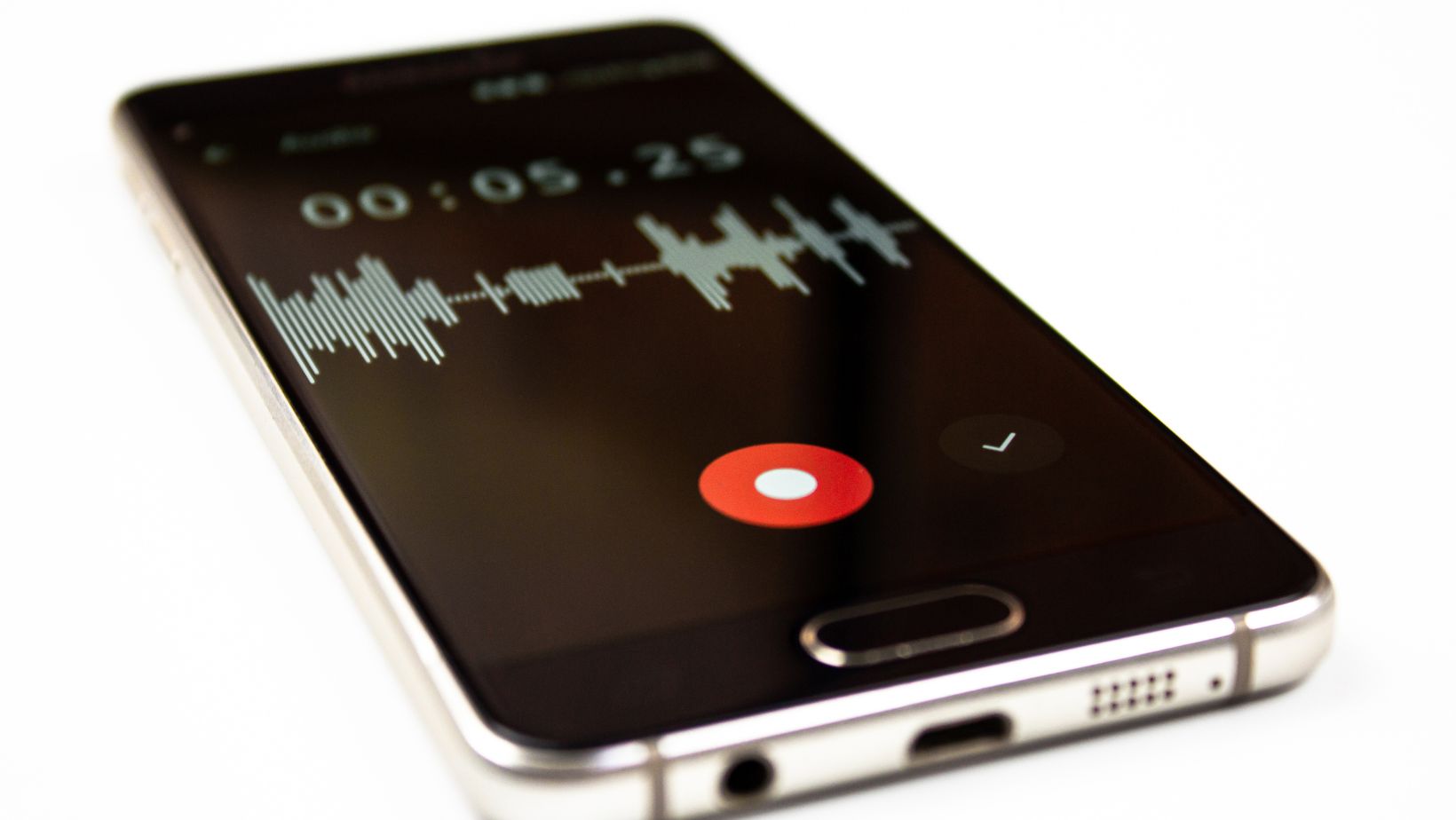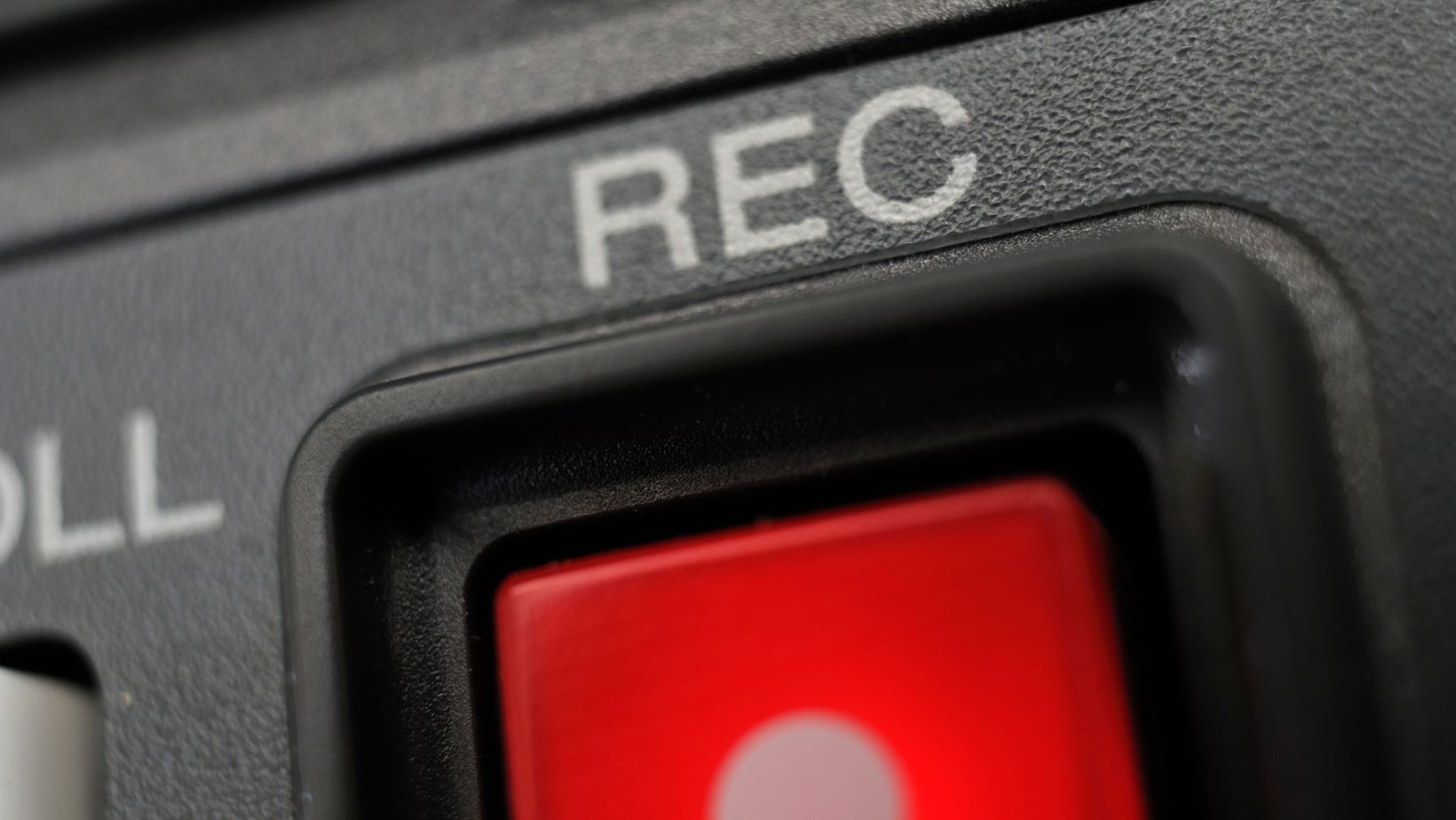Plan on having a difficult conversation with someone, and think it may be in your best interest to have a recording for evidence?
With a co-worker? A partner? A neighbour?
Let’s review what the law has to say about recording conversations, and how to legally protect your best interests.
Recording in New South Wales
Generally speaking, it is illegal to record a private conversation, even if you are part of that conversation. More specifically, it is against the law to install, use, cause to be used, or maintain a listening device to record a private conversation.
Let’s unpack some of these legal definitions:
- Private conversation: a conversation would be considered private if it is to be reasonably expected that the people involved in the conversation would not have it overheard by anyone else.
- Listening device: any device capable of being used to overhear, record, monitor or listen to a conversation or words spoken (excluding hearing aids and similar devices used to assist with overcoming impaired hearing).
- Record: Within the NSW legislation, recording includes audio, visual (without audio), and visual (with audio) forms.
Exceptions
However, there are exceptions to this general rule of law. The two main exceptions to the offence that the general public may encounter are recording of private conversations accidentally, or when to protect one’s legal interests.
Unintentional accidents
If a recording of a private conversation occurs unintentionally, then no offence has occurred.
This can occur when a person was recording audio for some other legitimate purpose, and as a consequence, unintentionally captured a private conversation.
Scenario 1 – Recording in a classroom:
John is a student at university. The professor in John’s class has communicated that students are allowed to make an audio recording on their personal devices of the class for notetaking purposes. John uses his mobile phone for this purpose, thinking it would be beneficial as some students talk during the class. Upon reviewing the audio on the train ride home after class, John noticed that his phone also recorded the conversation between two of his classmates, Tracey and Stacey, who were sitting in the row in front of him during class.
Did John commit an offence of illegally recording a private conversation?
No. The recording of Tracey and Stacey’s conversation was an unintentional consequence to John attempting to record his professor. Furthermore, it would be questionable whether Tracey and Stacey’s conversation was a private conversation as legally defined.
Protecting legal interests
Often people may consider recording a private conversation to “protect their legal interests.” This may be a permitted exception, though is quite technical.
There are two main components to this exception:
- The person recording the private conversation must be directly engaged in the conversation to be eligible for this exception, and
- the recording must be “reasonably necessary for the protection of the lawful interests” of this person.
What would be considered the “lawful interests” of a person? There is no short and quick answer to this question. In 2014, it was held by the Supreme Court of New South Wales (Court of Criminal Appeal) that a child complainant in a sexual assault who covertly recorded a private conversation with the adult accused did not break the law, as it was in the child’s lawful interest to do so. The recording was used as evidence within the court proceedings.
Important note: If you find yourself in a position and believe it is in your “lawful interests” to record a private conversation, do not automatically assume you have a free pass to do so. It is best to consult a legal practitioner first to ensure you are in the clear. Otherwise, you may be shooting yourself in the foot, as we will see below.
Consequences for illegally recording conversations
As it is an offence to record a private conversation (without legal exception as discussed above), there will be consequences.
Penalties
The maximum penalty for illegally recording a conversation for an individual is 100 penalty units or 5 years imprisonment, or both. If a corporation committed the offence, then the maximum penalty increases to 500 penalty units.
A penalty unit is currently set to $110.00 per unit in NSW.
That means a person may face a maximum $11,000.00 fine, and $50,000.00 for a corporation, or 5 years imprisonment, or both.
Inadmissibility of evidence
Generally, any evidence obtained illegally, is inadmissible in court. That is to say, if the recording of the private conversation is deemed to be illegal, then it cannot be used as evidence to support any legal argument.
However, there is a technical exception for this rule of evidence. Courts may accept the evidence if there is a desirability for admitting it which outweighs the undesirable illegal nature of the evidence.
Important note: It is best to consult a legal practitioner if you think the recording of a private conversation serves your lawful interests and you want it to be used as evidence.
Popular questions
What to do if I have been illegally recorded?
If you have reason to believe that your private conversation has been illegally recorded, you can civilly request for that person to delete the footage.
Is it illegal to video-record someone in NSW?
The same legislation that regulates recording includes video recording within it’s definition (as discussed above). Therefore, if it is illegal to audio record a private conversation in a given situation, a video recording would also be illegal.
Can I secretly record a conversation over the phone or online?
The same law applies. While many mobile phone and computer applications exist that can be used to record an audio or video call without the other party knowing, doing so would be an offence if on a private conversation.
Can I video or audio record my interactions with members of the New South Wales Police Force?
There is an exception to recording interactions with members of the NSW Police Force provided by the law. However, it is only allowed when in connection to interactions on connection with the commission of an offence.
So, if a police officer confronts you in public and interacts with you regarding a crime that you are alleged of having committed, you are able to record your interaction, and the police officer cannot refuse.
Key Takeaways
The general rule of thumb in NSW is that it is illegal to covertly record a private conversation.
If you believe it is in your interest to record a private conversation, speak to a Sydney criminal lawyer first, to ensure you do not commit an offence and that the evidence is admissible.
If question by police regarding an alleged offence, you can record the interaction.























